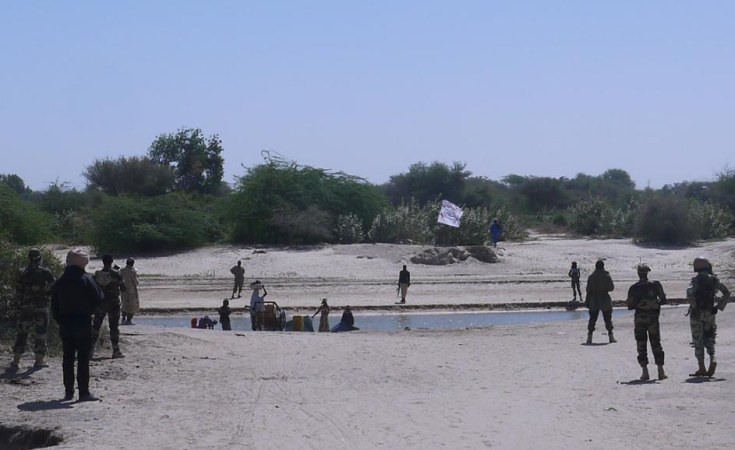The ECOWAS Commission, through its Directorate of Political Affairs, will hold a special retreat for focal point Directorates working with the ECOWAS Conflict Prevention Framework (ECPF) from 7th - 9th of December, 2022 in Lagos, Nigeria.
The retreat, which is financially supported by the Royal Danish Government, is meant among others, to increase the synergy between the focal point Directorates towards strengthening conflict prevention in the West African region.
Apart from strengthening inter-directorate collaboration and joint programming on the ECPF, the retreat will afford the opportunity to identify persistent and emerging security threats in the region, analyse same and map out strategies to improving existing peace-building practices.
They will also review the level of implementation of the ECPF Plans of Action (PoA), document the milestones reached and safeguard the achievements attained, while taking note of challenges as well as lessons learnt from the previous PoA.
Besides, the Three-Day activity will feature a brainstorm on strategies to improve the implementation of the ECPF by ECOWAS and regional stakeholders including the identification of new priority areas, partnerships and funding mechanisms for the new PoA.
The ECOWAS region still faces persistent and emerging security threats to the attainment of sustainable peace, security and economic development. The resurgence of a number of coup d'États is symptomatic of a state of affairs characterized by dwindling economies, disregard for the rule of law, insecurity, increased poverty, corruption, human rights violation, exclusion, and bad governance among others.
The retreat will be an opportunity for ECOWAS staff to find innovative ways to tackle emerging issues as well as sharing best practices in engaging with new development partners including private sector.
ECPF was adopted in 2008 to provide a framework for identifying, designing and implementing programmes and activities for operational and structural conflict prevention in ECOWAS Member States.
Its components include Early Warning, Preventive Diplomacy, Democracy, and Political Governance, Human Rights and the Rule of Law, Media, Natural Resource Governance, Cross-border Initiatives, Security Governance, Practical Disarmament, Women, Peace and Security, Youth Empowerment, ECOWAS Standby Force, Humanitarian Assistance, Peace Education and the Enabling Mechanism.


